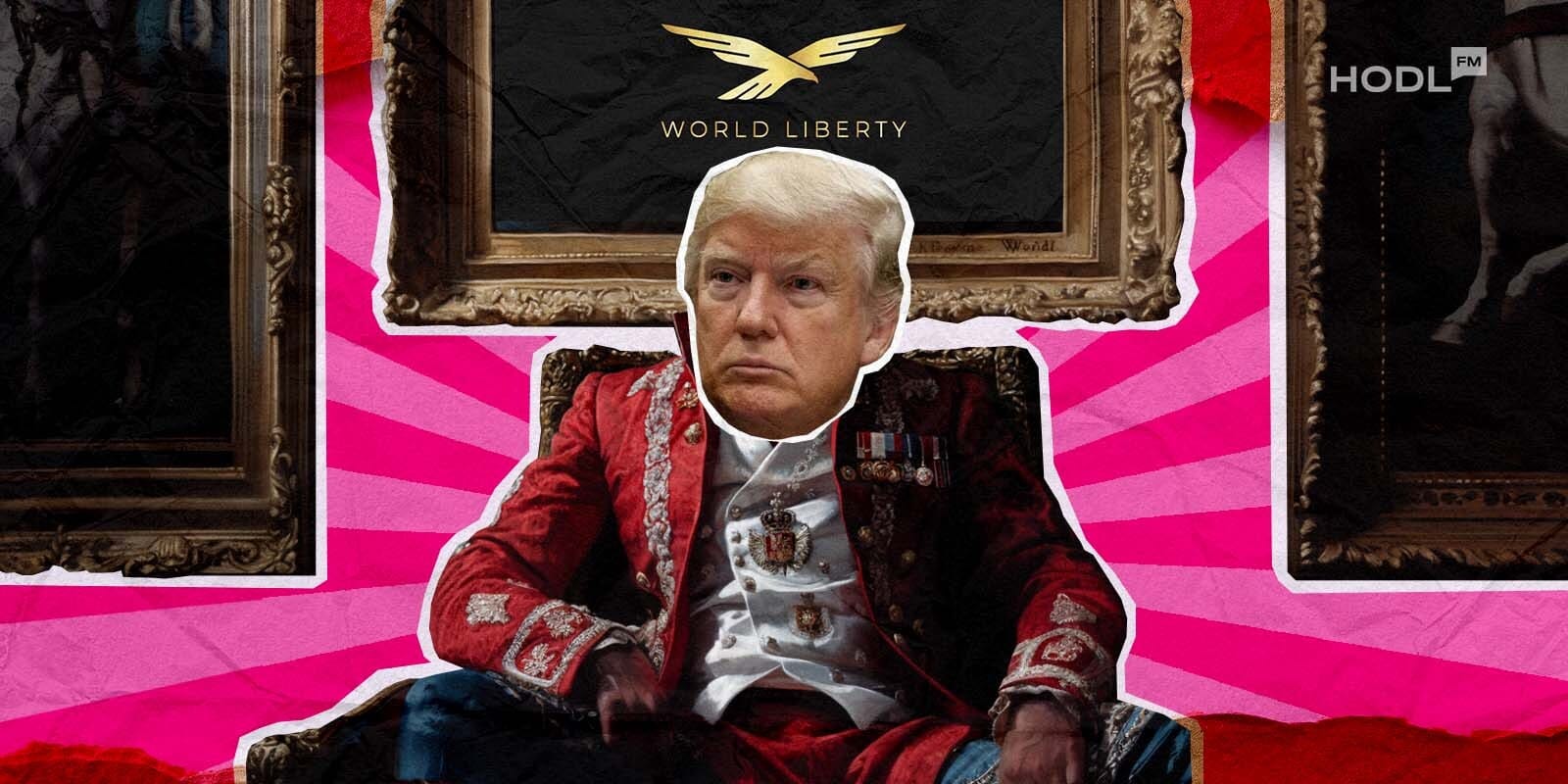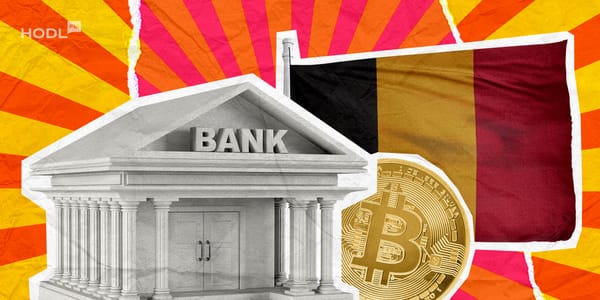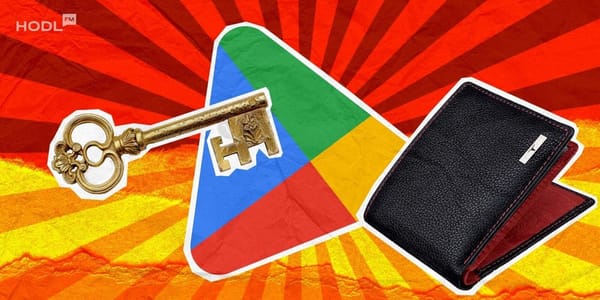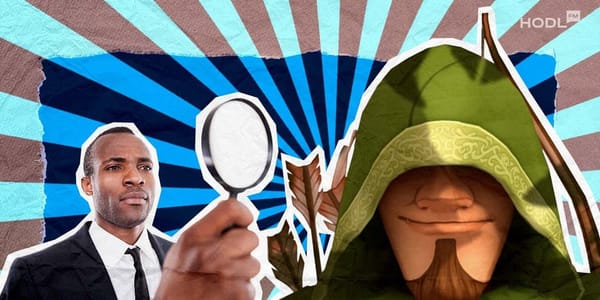Donald Trump, former U.S. President and current presidential candidate, announced the launch of his new cryptocurrency platform, World Liberty Financial. In a video posted on September 12 on X, Trump revealed the big day for his crypto launch: September 16.
More: Could a U.S. Pro-Crypto Bill Pass This Year?
.@WorldLibertyFi pic.twitter.com/rHEGQXl4jL
— Donald J. Trump (@realDonaldTrump) September 12, 2024
World Liberty Financial, helmed by Trump's sons, Donald Jr. and Eric, promises to be a decentralized finance (DeFi) platform. Think digital wallets, lending and borrowing, crypto investments, and token usage. The project’s white paper hints at the use of stablecoins and a potential partnership with DeFi protocol Aave, suggesting it might be built on Ethereum’s blockchain.
But not everyone is sold on Trump’s crypto venture. Critics are raising eyebrows, questioning whether launching the project just 50 days before the election might be a strategic move to boost Trump’s appeal — or stir up some serious conflicts of interest.
While Trump seems to hope World Liberty Financial will endear him to the blockchain audience, even some of his crypto-supporting fans are skeptical.
Nic Carter, a prominent crypto figure and Trump backer, asked X:
is there something that we, as crypto twitter, can collectively do to stop the launch of world liberty coin? i think it genuinely damages trump's electoral prospects, especially if it gets hacked (it'll be the juiciest DeFi target ever and it's forked from a protocol that itself…
— nic carter (@nic__carter) September 4, 2024
And that’s just the tip of the iceberg.
A Few Red Flags
Bloomberg released a scathing article about what appears to be a shady crypto project. It highlights several glaring red flags associated with the Trump Crypto initiative and its organizers.
The most prominent red flag is the shady reputation of Chase Herro, the project's founder. Herro’s past ventures, like Dough Finance, ended in disaster and hacks. Known for his dodgy marketing tactics, including "cloaking" and deceptive ad strategies, Herro has a history that makes many question his ability to manage any project honestly.
His infamous claim about the crypto world — “You can literally sell s— in a can, wrapped in piss, covered in human skin, for a billion dollars if the story's right, because people will buy it” — recorded in a 2018 YouTube video, doesn’t exactly inspire confidence.
Figures like Zachary Folkman and Martin Shkreli are involved. Folkman’s past is murky at best, and Shkreli has a reputation for securities fraud. To top it off, the so-called "JPMorgan Chase banker" listed in the white paper won’t even confirm his role in the project.
🇺🇸🫡🇺🇸 Thank you Mr. President https://t.co/kWCEaUGcT7
— WLFI (@worldlibertyfi) August 29, 2024
Still not convinced? Here’s another red flag: a whopping 70% of the tokens are reserved for insiders. According to the World Liberty white paper, 70% of the project's governance token, WLFI, will be concentrated in the hands of a few insiders, including the founders, team members, and service providers.
When questioned about whether allocating 70% of the tokens to insiders was excessive, an early-stage project consultant simply replied: “LMAO. Nice joke, ser.”
This is unusually high for a decentralized project, where such concentrations of power are rare. It raises concerns about potential conflicts of interest and a lack of transparency.
With so many questionable elements and red flags surrounding Trump’s crypto project, there’s a cloud of doubt. The organizers’ dubious past, lack of backing from reputable investors, and ties to political figures create an atmosphere of mistrust.
But unfortunately, whether World Liberty hits its targets or not, the token might still hold value. Trump fans have shown they’re willing to invest in his ventures, even if they don’t always succeed.
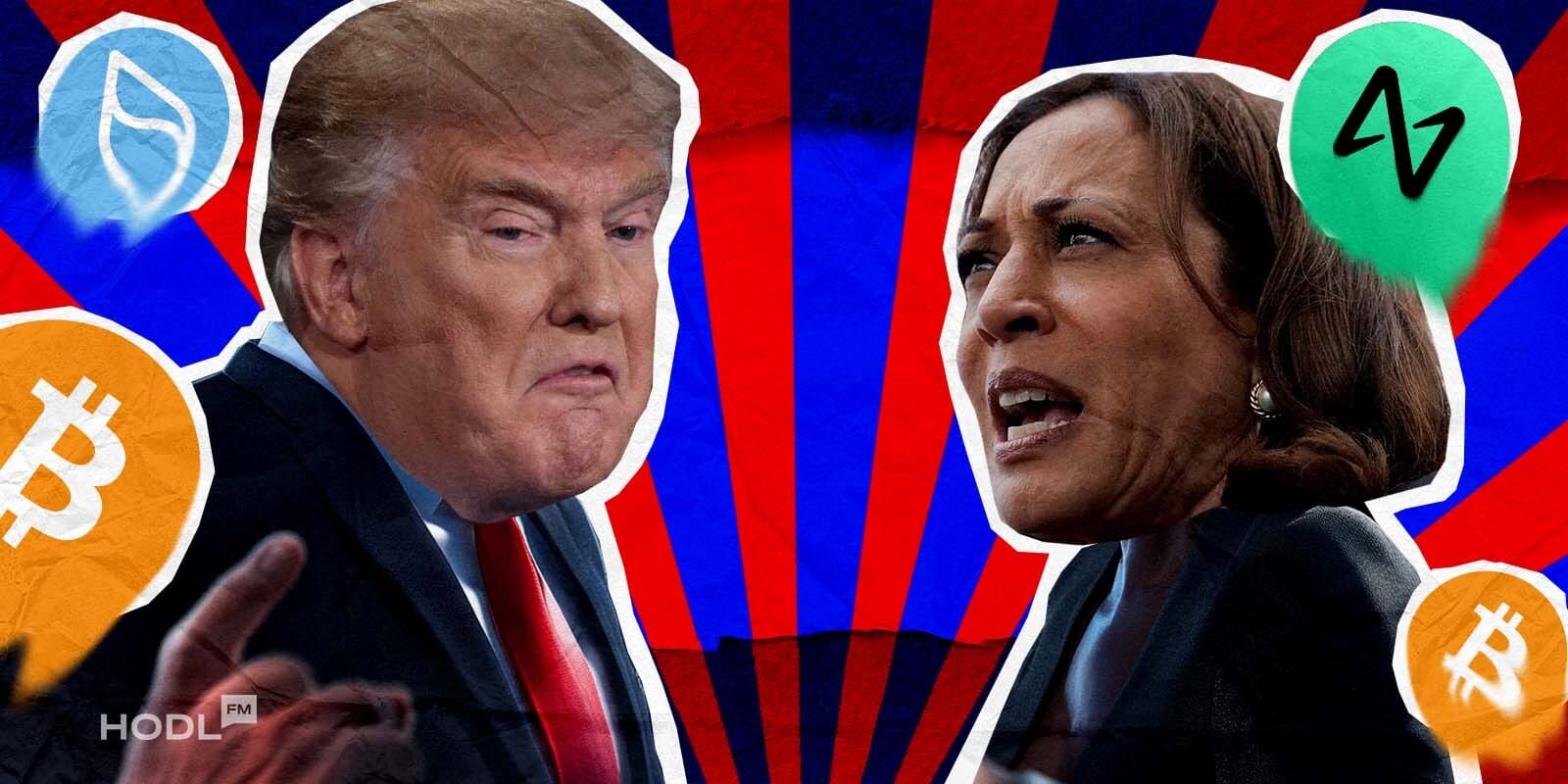
Disclaimer: All materials on this site are for informational purposes only. None of the material should be interpreted as investment advice. Please note that despite the nature of much of the material created and hosted on this website, HODL FM is not a financial reference resource and the opinions of authors and other contributors are their own and should not be taken as financial advice. If you require advice of this sort, HODL FM strongly recommends contacting a qualified industry professional.
